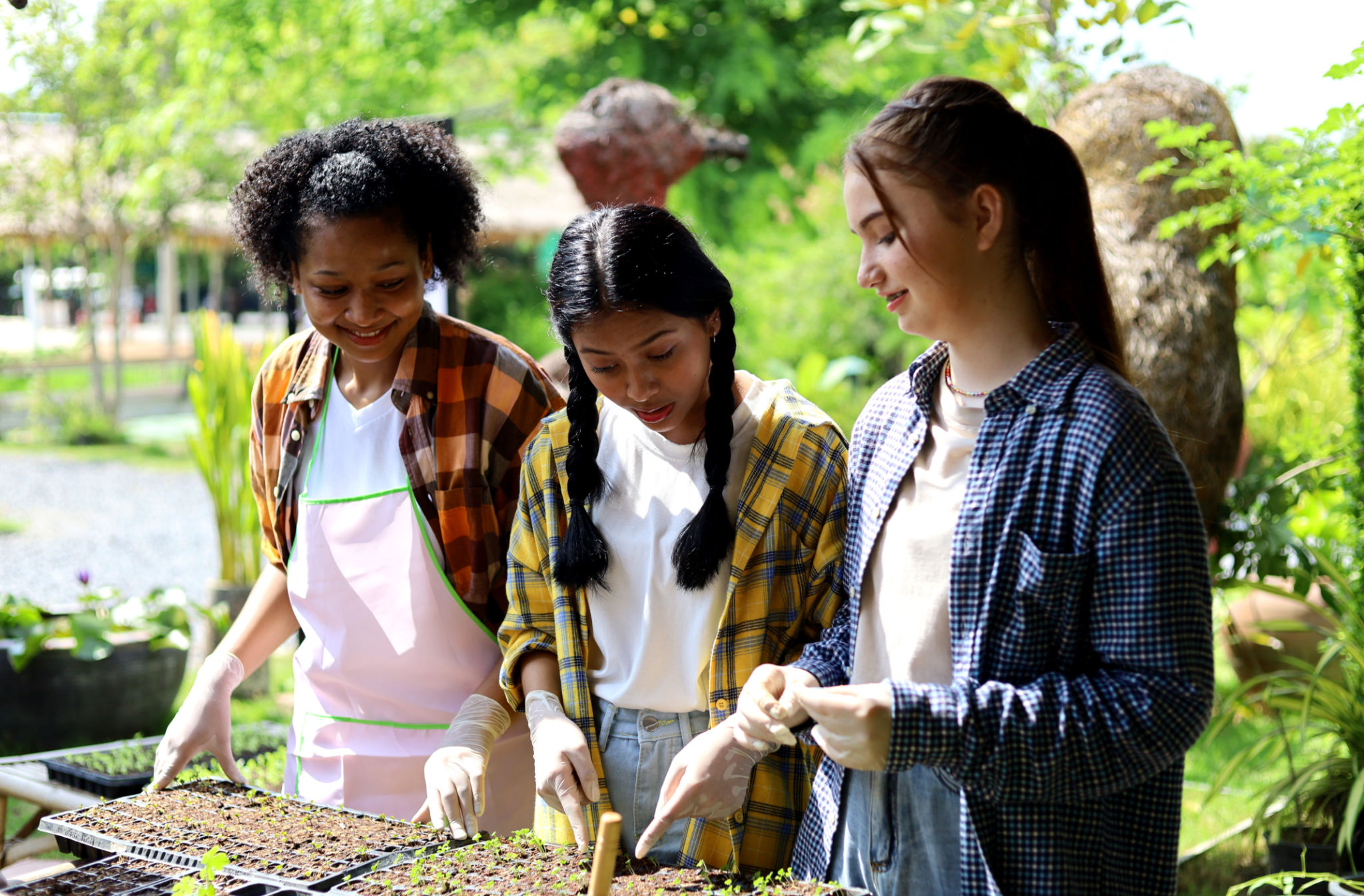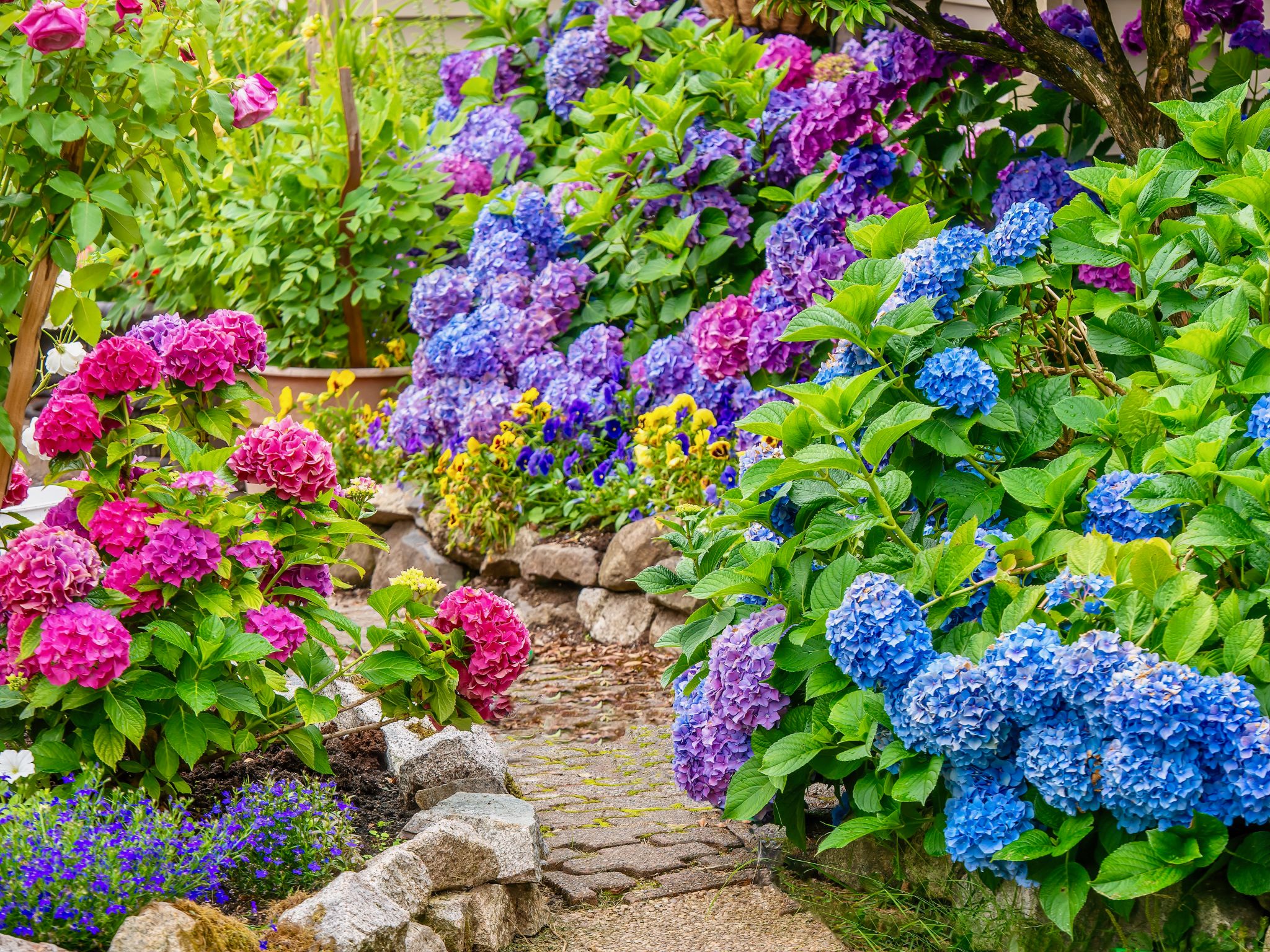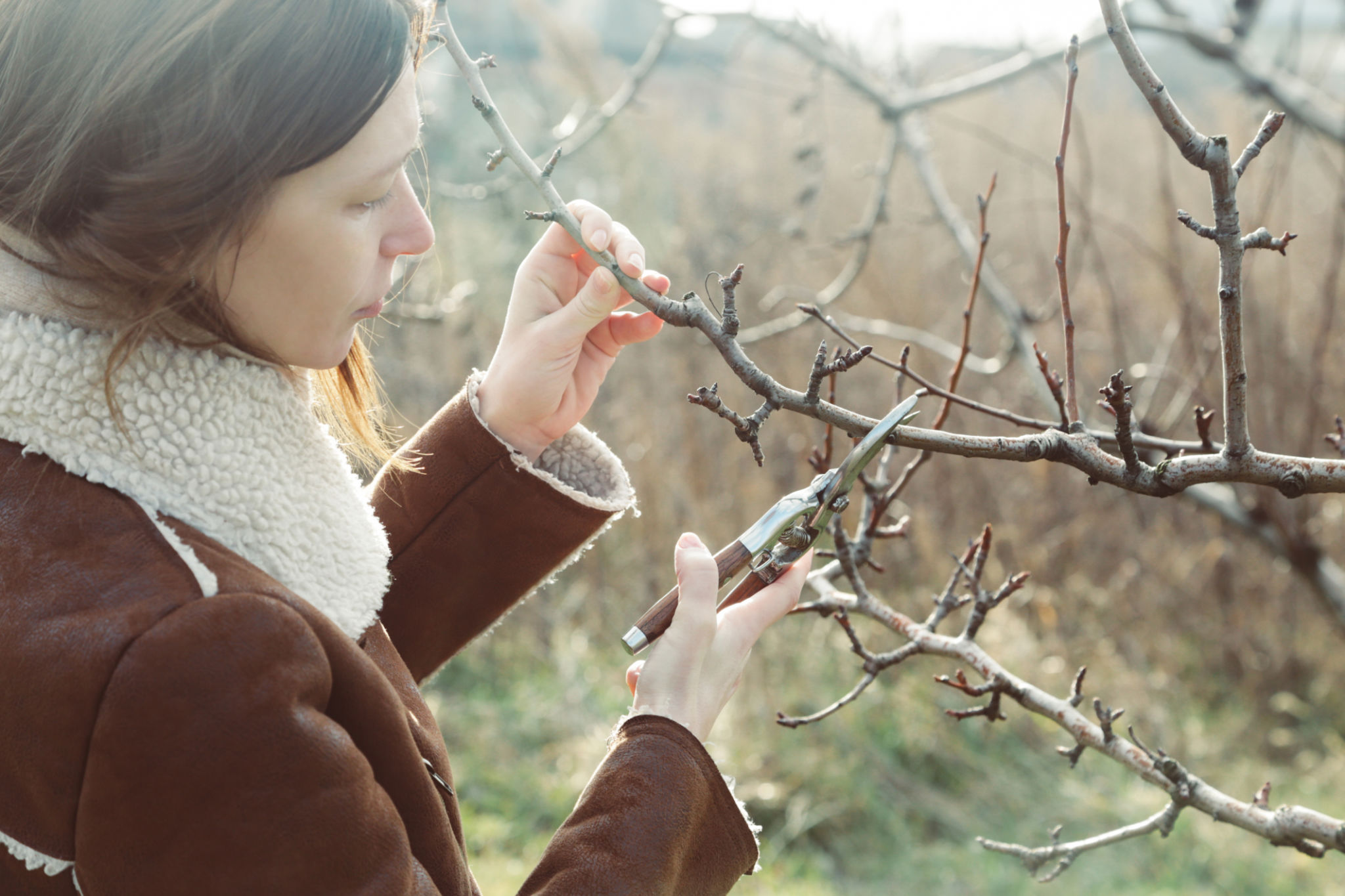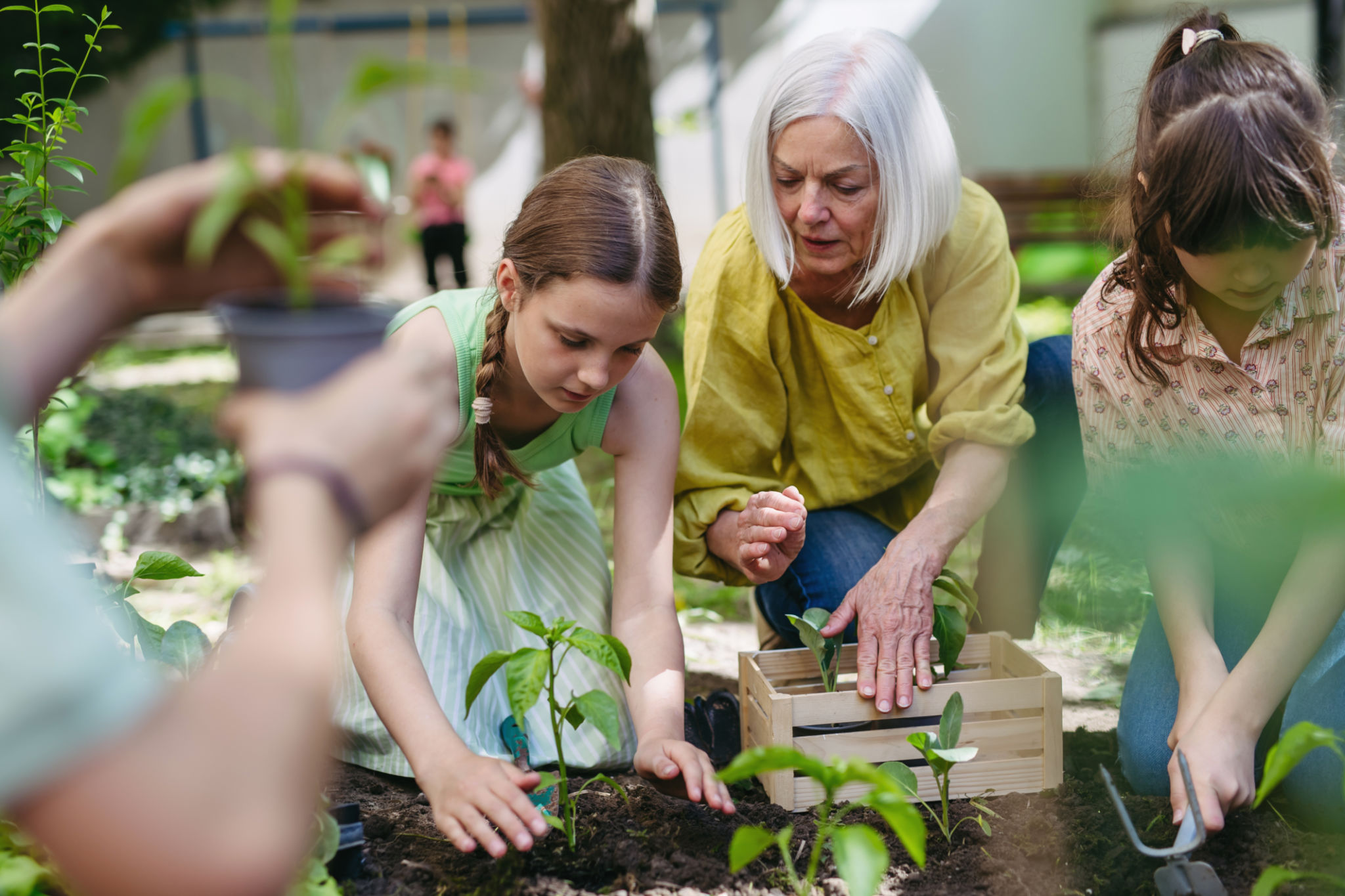Seasonal Gardening Tips for School Gardens in Georgia
Planning Your School Garden
School gardens in Georgia offer a unique educational opportunity for students to engage with nature and learn about sustainable practices. When planning your garden, consider the climate and the seasonal changes that affect plant growth. Georgia's mild winters and hot summers mean you'll need to select plants that can thrive in these conditions.
Begin by selecting a suitable location within the school grounds that receives ample sunlight and has good soil drainage. It's essential to start with a soil test to understand the nutrient levels and pH balance, which will guide you in preparing the soil for planting.

Spring Planting Tips
Spring is an ideal time to get your school garden started. In Georgia, the last frost typically occurs around mid-March, making late March to early April the best time for planting. Focus on cool-season crops like lettuce, spinach, and peas, which can withstand cooler temperatures.
To give students a hands-on experience, involve them in direct seeding or transplanting seedlings into the garden beds. Teach them how to space plants properly and water them adequately to ensure healthy growth.
Summer Maintenance
As summer approaches, Georgia's heat can be intense, which means your school garden will need extra care. Mulching is an effective way to retain soil moisture and reduce weed growth. Encourage students to apply a layer of organic mulch around the plants for protection.
Watering becomes crucial during this season. Implement a watering schedule that suits the needs of your plants, typically early in the morning or late afternoon to minimize evaporation. Consider installing a drip irrigation system for efficient water distribution.

Fall Harvesting and Planting
Fall is a rewarding time for school gardens as students can enjoy the fruits of their labor. Crops like pumpkins, sweet potatoes, and beans are ready for harvest. Organize a harvest festival to celebrate the success of your garden with the school community.
This season also provides an opportunity to plant cool-weather crops such as broccoli, carrots, and kale. These vegetables thrive in cooler temperatures and can provide learning opportunities about seasonal planting cycles.
Winter Preparations
Though winter in Georgia is relatively mild, it's important to prepare your school garden for the colder months. Start by clearing out dead plants and debris to prevent pests and diseases from overwintering in your garden beds.
Consider planting cover crops like clover or rye, which protect the soil from erosion and improve its fertility. Cover crops also serve as an excellent lesson in soil conservation and nutrient cycling for students.

Engaging Students Year-Round
Incorporate garden-based learning into your curriculum to engage students throughout the year. Activities such as designing garden layouts, researching plant growth cycles, and conducting experiments can enhance their understanding of biology and ecology.
Encourage students to document their gardening experiences through journals or digital portfolios. This practice not only reinforces their learning but also helps track the progress of the garden over time.
Community Involvement
Inviting the community to participate in your school gardening project can provide additional support and resources. Host workshops or garden tours to educate parents and local residents about sustainable gardening practices.
Partnerships with local businesses or agricultural organizations can also offer valuable expertise and materials, ensuring the long-term success of your school garden.

Sustainability Practices
Integrating sustainable practices into your school garden is essential for fostering environmental awareness among students. Teach them about composting kitchen scraps and garden waste to create nutrient-rich soil amendments.
Additionally, explore organic pest control methods and the benefits of biodiversity in maintaining a healthy ecosystem. These practices will help instill a sense of responsibility towards nature in young minds.